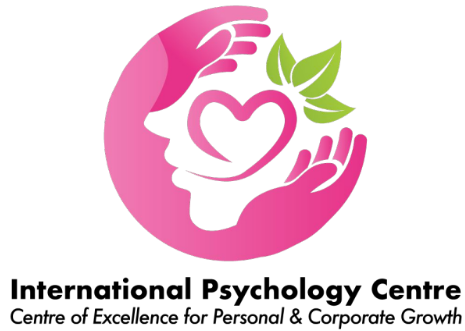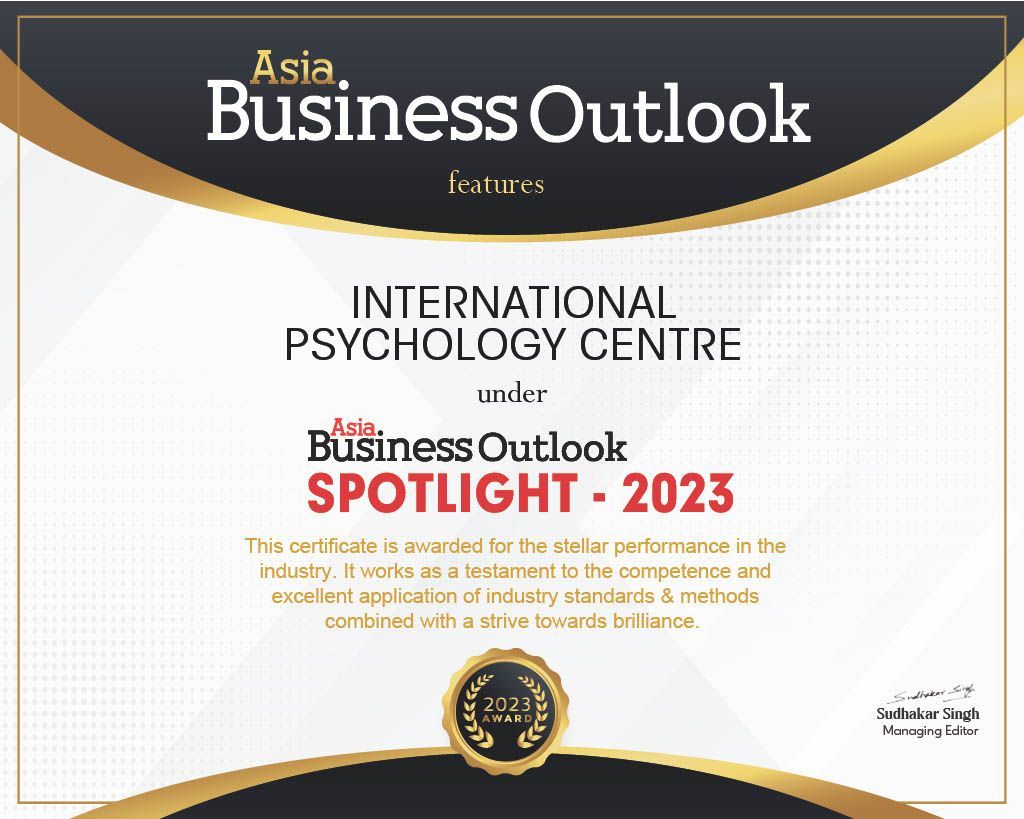Thriving @work: Strategies to Combat & Prevent Stress & Burnout
December Article

In today's fast-paced work environment, stress and burnout have emerged as significant challenges impacting employee well-being and organizational productivity. The relentless demands of modern work culture often lead to chronic stress, diminished job satisfaction, and a decline in overall performance. To address these issues and foster a thriving workplace, organizations must prioritize employee mental health and implement effective strategies to prevent and mitigate stress and burnout.
One critical factor in combating stress and burnout is establishing a strong foundation of work-life balance. By promoting flexible work arrangements, such as remote work, flexible hours, and compressed workweeks, organizations can empower employees to manage their workload effectively and prioritize personal commitments. Encouraging regular vacations, sick leave, and mental health days is equally important, as it allows employees to recharge and return to work refreshed and rejuvenated.
Furthermore, cultivating a supportive and empathetic workplace culture is essential. Open communication channels, where employees feel comfortable sharing their concerns and seeking support, can significantly reduce stress levels. Leaders play a crucial role in fostering a positive work environment by demonstrating empathy, recognizing employee contributions, and providing timely feedback. Team-building activities and social events can also help to strengthen relationships and promote a sense of belonging.
To promote employee well-being, organizations can implement a range of wellness initiatives. This may include offering mindfulness meditation, yoga, or fitness classes to help employees manage stress and improve their overall health. Encouraging healthy eating habits, regular exercise, and adequate sleep can also contribute to a healthier and more resilient workforce. Additionally, providing access to Employee Assistance Programs (EAPs) offers confidential counseling and support services to help employees address personal and professional challenges.
Effective time management and prioritization are crucial skills for managing stress and avoiding burnout. By teaching employees time management techniques, such as time blocking, the Pomodoro Technique, and prioritization matrices, organizations can help them organize their workload and work more efficiently. Regularly assessing workloads and adjusting assignments can also prevent overload and reduce stress levels. Setting realistic and achievable goals can further boost motivation and reduce anxiety.
Continuous learning and development opportunities are essential for employee engagement and job satisfaction. By offering professional development programs, skill-building workshops, and clear career paths, organizations can help employees grow and advance their careers. This can lead to increased job satisfaction, reduced stress, and a more motivated workforce.
In conclusion, by implementing these strategies, organizations can create a healthier and more productive work environment, reduce stress and burnout, and foster employee well-being and job satisfaction. Prioritizing employee mental health is no longer a luxury but a necessity. By adopting a holistic approach that addresses the physical, emotional, and psychological needs of employees, organizations can cultivate a thriving workplace where individuals can flourish and contribute their best. To learn more on the holistic approach, you please reach out to the International Psychology Centre, tel 03-2727 7434 , whatsapp number 60 12-375 6038, or website https://www.counseling.com.my/.






